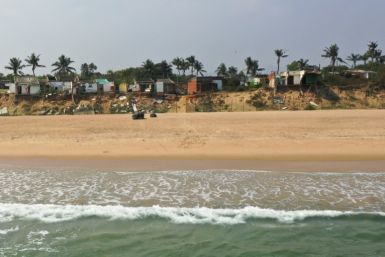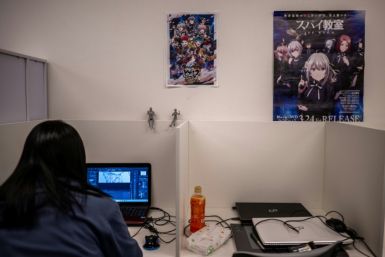China Rising in Power Puts Pressure on Australia’s Defence Force
Australia's Defence Force should have its budget augmented in preparation for China's rising power as demonstrated by its advances done in the disputed South China Sea, Australian Strategic Policy Institute's defence analyst Mark Thomson said.
The country may need to decrease its expenditure using the military for disaster relief and peacekeeping efforts and should instead focus its assets on ''serious potential challenges to our interests and to our sovereignty'', Thomson said during the ASPI Defence Budget Brief.
''I'm not sure we have that luxury into the future. It may well be that the time has come for Australia to start looking at developing a defence force not for discretionary activities but for very serious potential challenges to our interests and to our sovereignty. You're instead looking at the sort of air and maritime capabilities which are currency of power in 21st-century Asia," Thomson continued.
Defence received a 6 per cent increased from the 2014 federal budget and the government committed to continually boost defence spending up to 2 per cent of gross domestic product (GDP).
"I think it remains to be seen how serious a deterioration in the security environment we might need to hedge against in the years ahead. We need to consider two questions - we need to consider if we are spending enough and we need to consider if we are spending the money on the right sort of capabilities for the challenges that lie ahead," Thomson told ABC.
A white paper shall be made public in 2015.
"The things that we should be looking at in this current white paper are the sort of capabilities that give Australia options in what is fundamentally an air and maritime environment of the Asia-Pacific," Mr Thomson said.
Submarines, patrol aircrafts, combat aircrafts like the F-35 Joint Strike Fighter should receive further spending, Mr Thomson emphasised.
"I think many things that we have put in the forefront of our defence planning in the past, like the ability to do defence stabilisation operations in the near region, they will remain. But we are going to have to add to that serious considerations for more serious developments," he reiterated.






